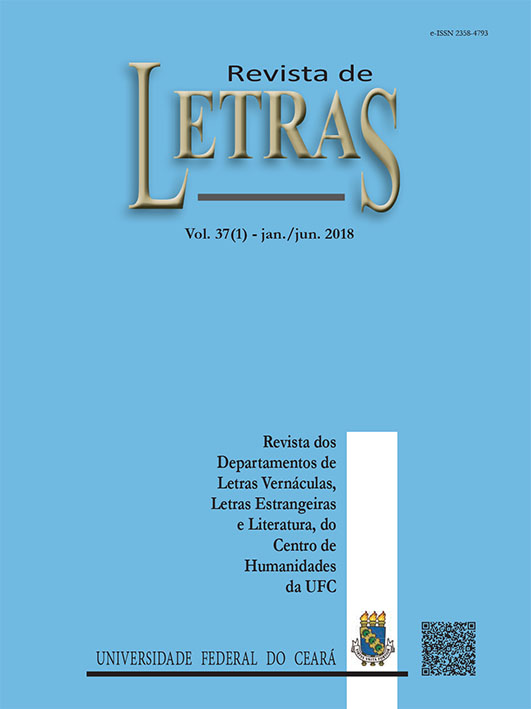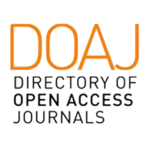MIGRATION AND INTERLANGUAGE: TRANSLATIVE WRITING IN OSMAN ENGIN’S SATIRICAL TEXTS
Keywords:
Osman Engin. Interlanguage. Satire. German-Turkish LiteratureAbstract
The prose works Deutschling (1985) and Oberkanakengeil (2003) by the German-Turkish novelist
Osman Engin satirically invert reigning stereotypes against Turkish immigrants. In both works,
Turkish and German act as cultural and linguistic reference systems, which are subverted through
the strategy of translatory mimicry. This mimicry is an integral element of the narrative structure
of Engin’s works and becomes a stylistic singularity, which unbalances the German language and
undermines it in its seeming naturalness. Through a close reading of Engin’s works, the contribution
aims to offer a deeper understanding of the extent and nature of the unbalancing of cultural and
linguistic points of reference, which implies a deconstruction of collective identities and fi xed
ideas. In addition to the metalinguistic markings in the hybridized German-Turkish interlanguage
of the author, as we will show, the constant alternation between object level and meta level plays
an important role in the narrative structure of the texts, resulting in the continuous consideration
of the mother tongue’s signifi cance and the issue of intralingual translation.
Downloads
Downloads
Published
How to Cite
Issue
Section
License
Autores que publicam nesta revista concordam com os seguintes termos:- Autores mantêm os direitos autorais e concedem à revista o direito de primeira publicação, com o trabalho simultaneamente licenciado sob a Licença Creative Commons Attribution que permite o compartilhamento do trabalho com reconhecimento da autoria e publicação inicial nesta revista.
- Autores têm autorização para assumir contratos adicionais separadamente, para distribuição não-exclusiva da versão do trabalho publicada nesta revista (ex.: publicar em repositório institucional ou como capítulo de livro), com reconhecimento de autoria e publicação inicial nesta revista.
- Autores têm permissão e são estimulados a publicar e distribuir seu trabalho online (ex.: em repositórios institucionais ou na sua página pessoal) a qualquer ponto antes ou durante o processo editorial, já que isso pode gerar alterações produtivas, bem como aumentar o impacto e a citação do trabalho publicado (Veja O Efeito do Acesso Livre).

.png)






.png)
